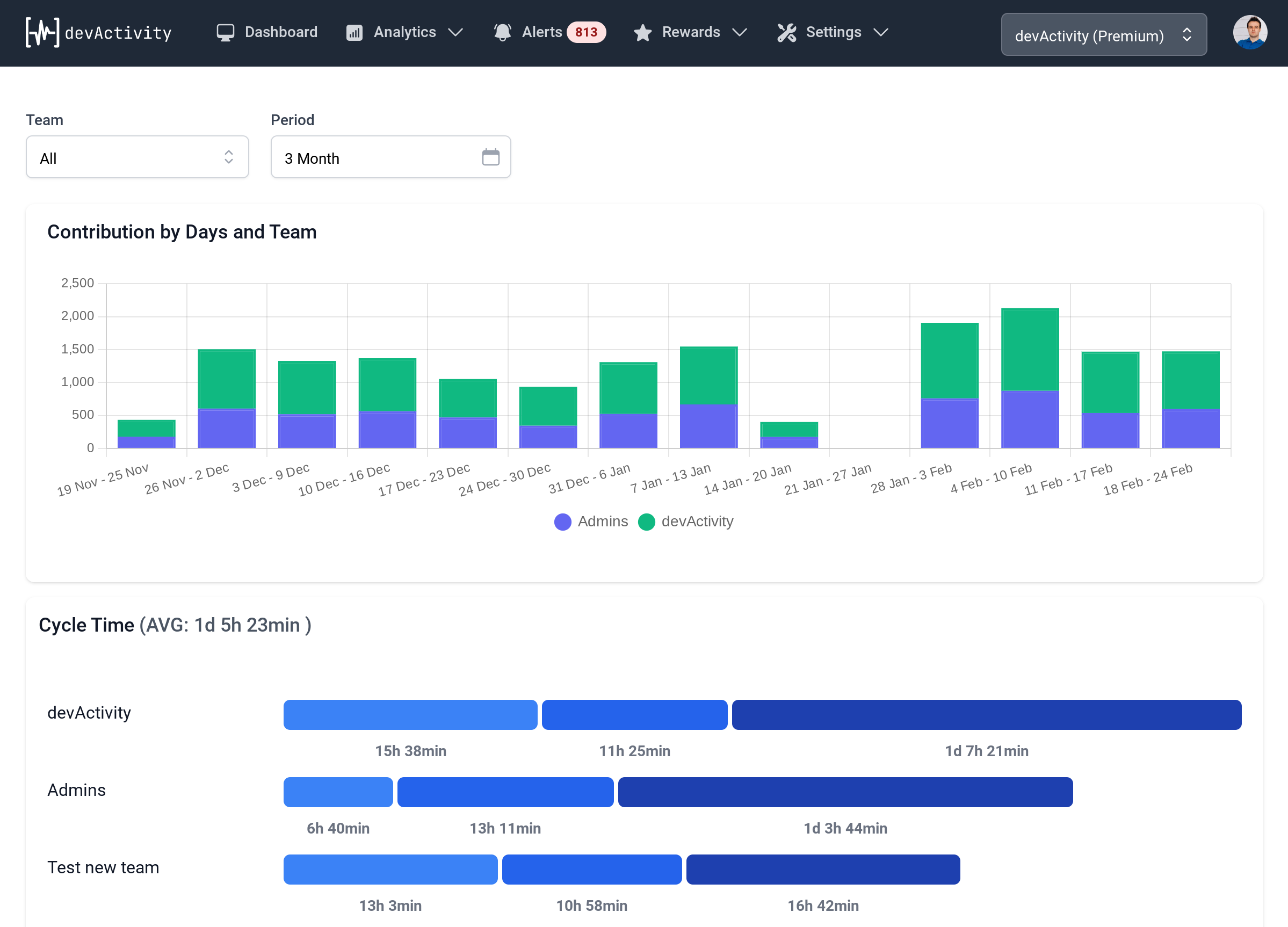Software Engineering OKRs: A Guide to Boosting Performance

Picture this: You're leading a software engineering team. Your goals are ambitious. You want to launch a new product, improve user experience, or reduce development time. But how do you ensure everyone's rowing in the same direction? Enter 'Objectives and Key Results' (OKRs) – the magic formula for goal alignment and achievement.
But let's be honest, software engineering OKRs aren't just some generic, dusty old framework. They're a powerful tool that can help you get laser-focused on what matters most. It's like having a built-in GPS for your team, guiding them toward those shiny goals.
What Are Software Engineering OKRs?
In simple terms, OKRs are a goal-setting framework. They help teams align on what they're trying to achieve (Objectives) and how they'll measure their success (Key Results). OKRs are like the North Star – guiding your team towards a shared vision.
Think of Objectives as the big-picture ambitions. They're the 'what' you aim to accomplish. Key Results, on the other hand, are the measurable steps you take to get there. They're the 'how' you measure your progress.
In a software engineering context, Objectives might be:
- Improve customer satisfaction.
- Reduce development time.
- Increase code quality.
To achieve these Objectives, you would set specific Key Results, like:
- Increase customer satisfaction ratings to 90%.
- Reduce average bug fix time to 4 hours.
- Increase unit test coverage to 95%.
The Benefits of Using Software Engineering OKRs
You're probably thinking, 'OKRs sound good, but what's in it for my team?' Well, using OKRs in your software engineering team brings a boatload of benefits.
- Alignment: Everyone's on the same page, working towards a shared vision. No more silos!
- Focus: OKRs help prioritize tasks and resources, so you don't get bogged down in the weeds.
- Motivation: Seeing measurable progress towards goals gives everyone a much-needed boost.
- Accountability: OKRs provide a framework for tracking progress and holding each other accountable.
- Transparency: Open communication about goals and progress fosters a sense of trust and collaboration.
Best Practices for Implementing Software Engineering OKRs
Setting up OKRs is like baking a cake – there are some key ingredients that you need to get right. Here are some best practices:
- Start with SMART goals: Specific, Measurable, Achievable, Relevant, and Time-Bound.
- Keep it simple: Don't overcomplicate things. A few well-defined Objectives and Key Results are better than a laundry list.
- Involve the team: Get everyone involved in setting goals. It's their journey too!
- Track progress regularly: Review progress and make adjustments as needed.
- Celebrate achievements: Acknowledge milestones and successes along the way to keep the motivation going.
Software Engineering OKRs in Action
Let's get practical. How do OKRs look in the real world of software engineering?
Imagine your team's objective is to increase code quality. You might set the following Key Results:
- Increase unit test coverage from 70% to 90%.
- Reduce the number of bugs in production by 50%.
- Complete a code review for every pull request.

